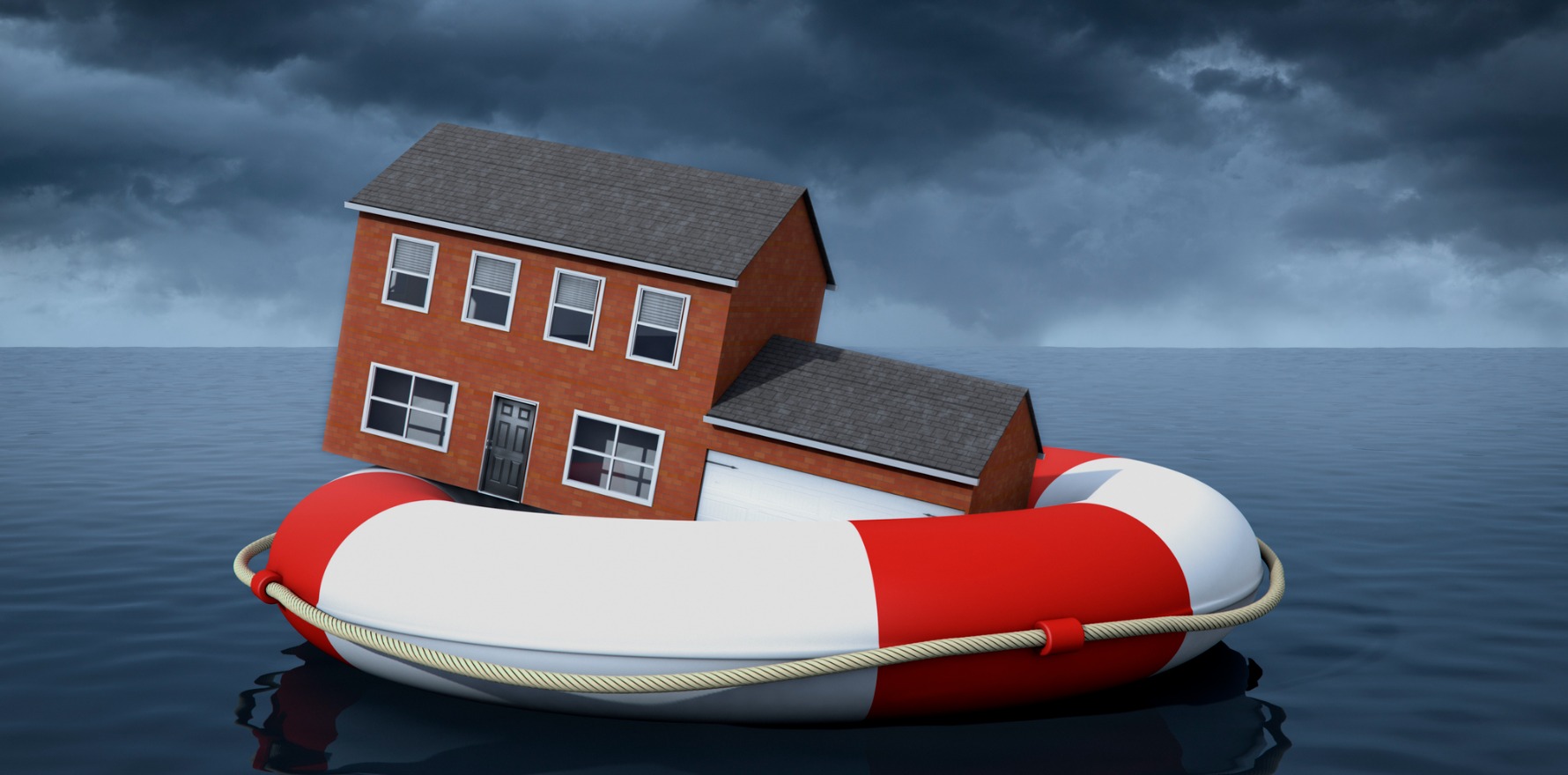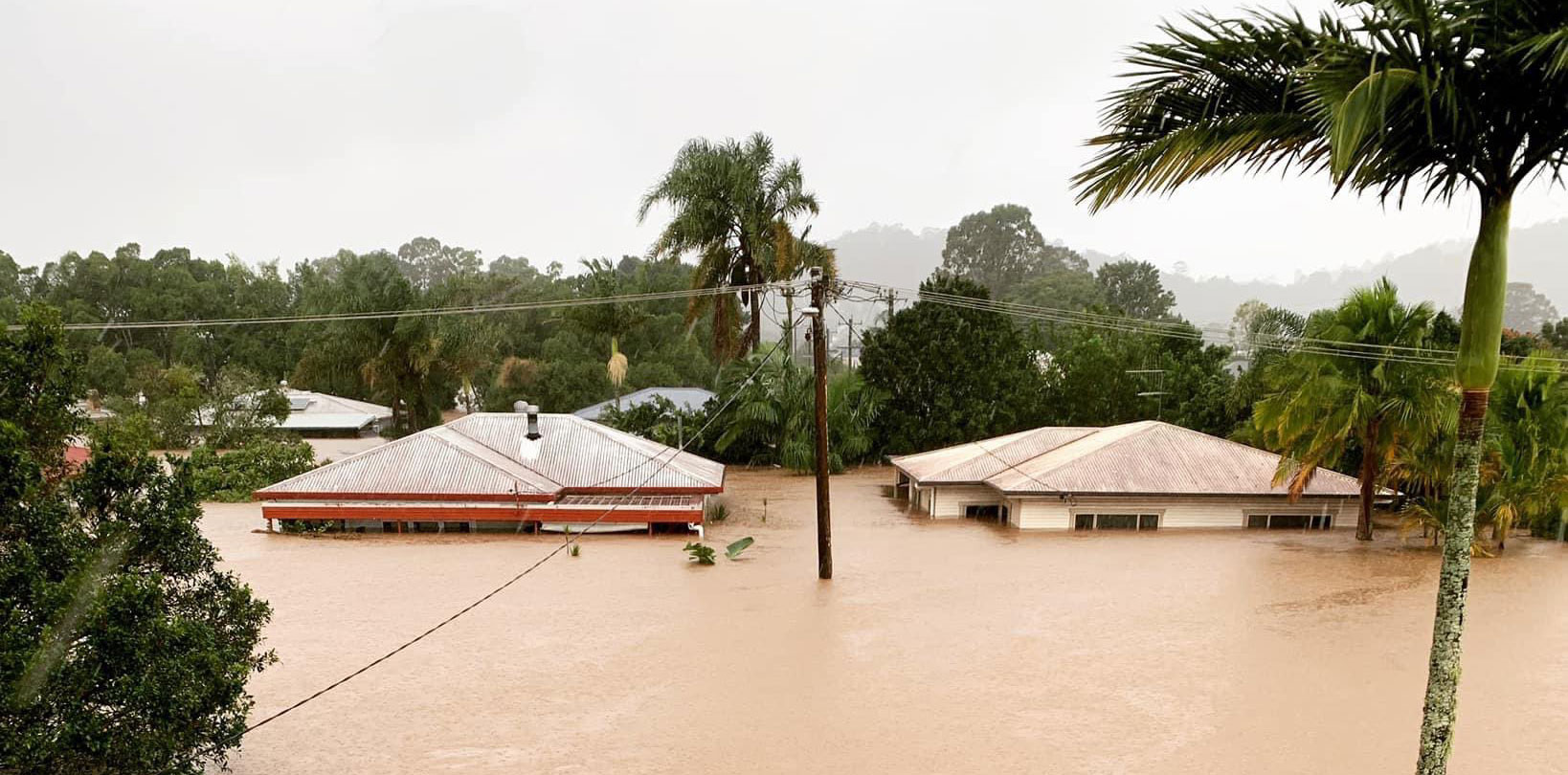Dr Sue Velovski dreads what will happen if general practice is treated nationally as it was in Lismore.
It would be succumbing to cliché to suggest Dr Sue Velovski is that rare creature – a surgeon who advocates for general practice.
We’re sure there are other non-GPs who know the value of general practice and who would speak up for the profession when asked.
But Dr Velovski does more than that. She actively goes out of her way to speak truth to power about the importance of primary care, to encourage GPs and to educate her own registrars to respect the power and influence of GPs.
On Saturday 15 June Dr Velovski stood up at TMR’s Burning GP event and told a short but powerful story about educating one of her registrars who had managed to put a group of GPs offside.
“I told him, ‘when you go back to the city, your classmates will be getting referrals from GPs and you won’t be and you’ll be screwed’,” she said to a room of laughing GPs.
Why did you tell that story?
“Sitting at the conference I was shocked at how often GPs were saying ‘we don’t have the power’, ‘the Pharmacy Guild does this, but we can’t do that’.
“GPs actually do have the power. I don’t have any patients unless you respect me enough to send them to me. Even with this [pharmacy scope of practice trial] … the reality is patients still can’t get a script without seeing a GP for a lot of things. They hold the power.
“Reality TV should forget about things like RPA, and sit in with a GP for a week, both in the city and in the country, so people can see how it really is.
“Patients trust GPs. That’s the power.”
Dr Velovski is a general surgeon in Lismore, the flood-ravaged northern NSW town where many GPs have lost their practices and where government support was slow in coming and still insufficient.
In January 2023, almost a year after those devastating floods, she wrote an article which was published in The NSW Doctor, the official publication of the NSW branch of the AMA.
In it she described the government’s failure to support Lismore health providers as “a social experiment”.
She talked about the consequences of patients being unable to see their regular GP for chronic conditions – inevitable hospitalisations for major interventions.
“What happens when all of these patients who face complications because they were unable to see their GP end up in state-funded hospitals? The hospital system gets overloaded and cannot provide high-quality, safe care. Bed block, overcrowding in emergency departments, lack of beds for cancer surgery, delayed surgeries, expensive surgical and oncological treatment, increased numbers of patients experiencing physical and mental breakdown, doctor burnout – all of which could have been avoided if our patients had only been able to see their family GP.”
The ability to generalise Lismore’s situation to the nation is what makes the “social experiment” description so apt, and so pointed.
“We cannot change what has happened to Lismore in the last 12 months. But we must make changes so that that no other community in NSW or Australia experiences the same lack of access to their general practitioners and specialist services,” she wrote.
“If our elected leaders want to see what life is like without GPs, then Lismore is the ‘social experiment’.”
Given your affection for general practice, why did you opt for surgery?
“I always thought I’d like to be a rural GP. I trained at the University of Newcastle.
“I came to Lismore as a resident. I just knew I wanted to do something quite acute, like emergency or rural GP where you see a lot of those emergencies.
“I knew I wanted to get some good surgical and anaesthetic skills and I asked for that in the city and was told ‘oh well you’ll have to stay here and wait until fourth year’.
“I was young and stupid and thought ‘bugger that’. I knew Lismore was looking for residents so I applied.
“I knew I would do a surgical term, a medical term, I’d get to see what rural GP was all about.
“But my first term was with a remarkable surgeon – John Graham – who did general and vascular surgery and was well recognised for bringing trauma training back from the US.
“At the time I didn’t realise what a guru he was.
“For some reason his senior registrar didn’t come for three months, so Dr Graham just took me under his wing.
“He said, ‘rural GP, that’s so hard, just do something easier’. So I did.”
At the time only 4% of starting surgical trainees were female. By completion of training the proportion was 2%.
“Dr Graham was very supportive of girls. He was a gentleman, you know?”
Related
What are the cultural shifts that need to happen in hospitals to make general practice better, or easier?
“A lot of our hospital training is still British-based, and so is the College of Surgeons.
“Medicine changes every decade or two decades.
“At the moment every medical student has to pass a surgical term, a medical term, an emergency term and what they don’t get to experience is general practice.
“And, you know, 25% of our state hospitals are full of geriatric patients waiting for a bed [in community care]. And we don’t do geriatric medicine [as part of training].
“Let’s forget we came on the First Fleet from England, let’s stop following the gurus there because ‘that’s how it’s done’.
“Let’s train our young doctors to be competent in geriatric medicine, end-of-life care, psychiatry, general practice.
“There are solutions if people come together and collaborate.”
Are things changing?
“We’re working through three generations of doctors.
“There are the senior surgical bosses who are now retiring. The ones who said ‘knife before wife’ – they’ve got no hobbies, they’re grumpy.
“Then there are the mid-career surgeons who are kind of interested in their families but are scared to say so.
“And now there are some junior GPs coming through who say ‘I could never work seven days a week, but I could do four days, or I’d really love three days of GP plus a day in emergency to keep my skills up’.
“They’re chasing work/life balance, and we just have to start listening to them.”
what are the cultural shifts that need to happen in general practice?
“Understand the power GPs have.
“I was sitting in that Burning GP conference going, ‘wow, they don’t actually realise the power they have’.
“In nearly every talk or panel there was this kind of wistful ‘we can’t do anything about it’.”
Dr Velovski tells another story of a cancer oncology unit in Newcastle that the government promised to release funds for if Newcastle could raise $2 million. The money was raised courtesy of lamington drives and community fundraising over 10 years, but the government funds were not forthcoming.
“There was a 16-year-old boy whose melanoma had returned and he was on an end-of-life journey,” she said.
“His father worked for Patrick Stevedores on the wharves.”
The short story is the wharfies threatened a strike in 30 days if the funds weren’t released. On the third day of the industrial action, the funds were released.
“That made me realise the power of community,” said Dr Velovski.
“That’s what [GPs] would have to harness. We have to keep politicians accountable. We elect them, and we need to tell them what our needs are.
“Everyone in the community, from specialists to academics, need to be very mindful of the fact that GPs are a backbone. We rely on them. I rely on them to help me.
“But if we can keep people away from [things like] cancer, that would be an even better thing, right?
“I hate going to meetings where people squabble about money and yes, you have to fund the system somehow. But it’s not going to change in my lifetime.
“Instead, I say to my trainee surgeons – there’s nothing you leave behind except what you’ve taught the next generation.”





